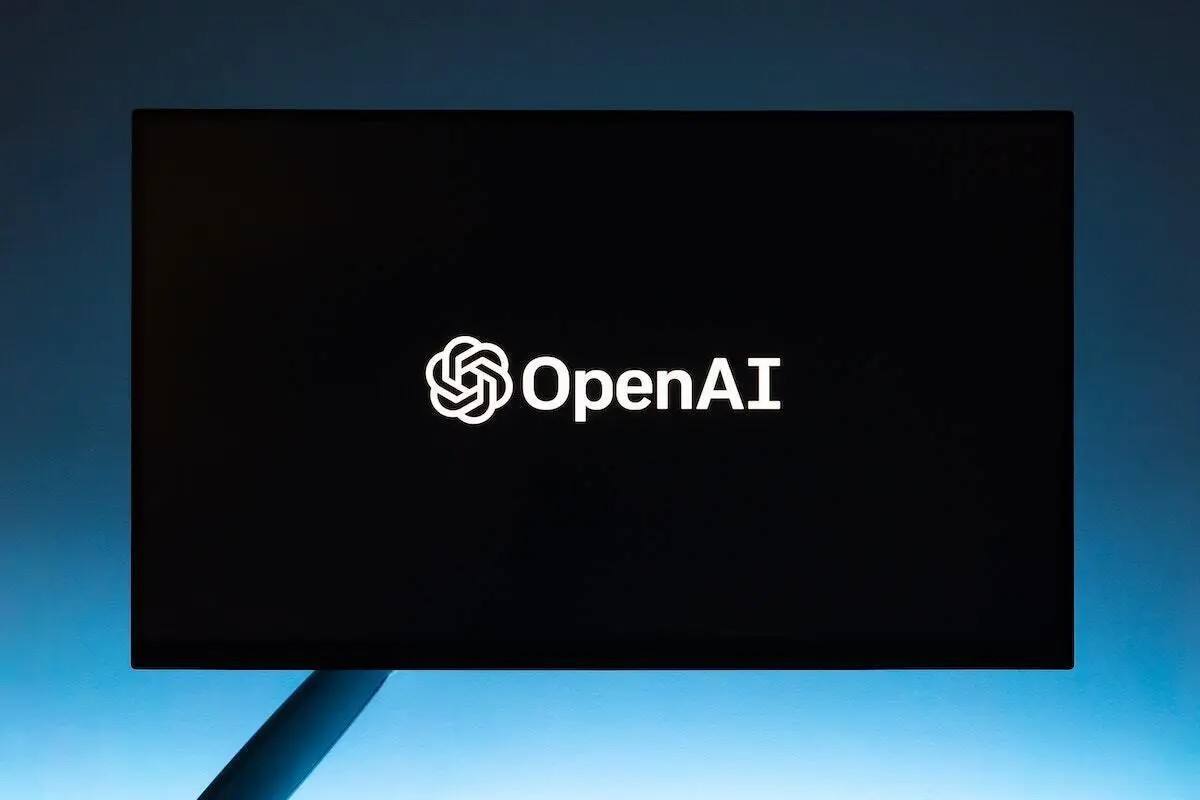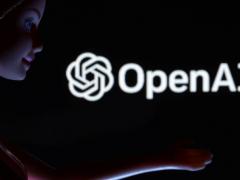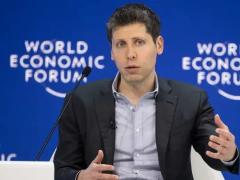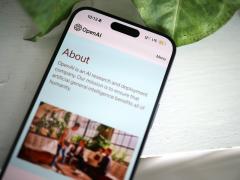
When Nick Turley joined OpenAI back in 2022 as the head of ChatGPT, his mission was clear: turn cutting-edge research into a product people actually use—and pay for. Fast forward to now, and he’s done just that. ChatGPT has exploded to 800 million weekly active users. But Turley’s not stopping there. His next big move? Turning ChatGPT into something even more ambitious—a kind of operating system filled with third-party apps.
I caught up with Turley near San Francisco’s Fort Mason, a former military post that hosted OpenAI’s third annual developer conference. Over coffee and sea breeze, we talked about where ChatGPT is headed. (You can find our full conversation transcript at the end of this piece.)
Turley says he’s taking a page from the web browser playbook. Think about it—browsers like Chrome and Safari aren’t just portals anymore. Over time, they’ve become our real digital workspaces, packed with tools and apps we use every day. Turley envisions ChatGPT evolving in that same direction: not just a chatbot, but a platform where people live their digital lives.
Interestingly, OpenAI might even be developing a browser of its own. Turley won’t confirm it, but he calls browsers “really interesting.” At the same time, the company’s teaming up with design legend Jony Ive and his former Apple crew on a new line of hardware devices. Put that all together, and you can start to see the picture forming—an ecosystem where ChatGPT becomes the core hub for everything OpenAI builds.
This vision isn’t brand new. OpenAI has been experimenting with this idea for a while—remember the ChatGPT plugins and the GPT Store launched in 2023? Those early versions didn’t really catch fire. But this time, it seems OpenAI has a stronger hand to play.
Now, the plan is to make ChatGPT a hub for e-commerce and apps. Imagine ordering food, booking flights, or calling a ride from within your chat—Expedia, DoorDash, and Uber-style. Not only does this streamline what users can do inside ChatGPT, but it also opens a new revenue stream for OpenAI, which can take a cut from these transactions.
For developers, this is huge. They get access to hundreds of millions of users—right inside the conversations people are already having. No need for a separate app store or clunky integrations. Apps will live directly in the ChatGPT experience, letting developers create richer, more interactive tools than simple chatbots ever could.
Of course, running what’s essentially a new kind of operating system brings its own headaches. There’s the tricky question of which apps get promoted and how. Turley admits that paid placement could be an option down the road but stresses that OpenAI wants to handle it carefully, so it doesn’t ruin the user experience.
Then there’s data privacy. Developers will naturally want access to user data to make their apps more useful—but OpenAI’s guidelines say they can only collect the “minimum data required.” Turley hints that the company may add new features, like partitioned memory, giving users fine-tuned control over what data each app can see.
Perhaps the most striking thing Turley said, though, was about OpenAI’s mission. He sees ChatGPT not just as a product, but as the “delivery vehicle” for AGI—the company’s nonprofit goal of building and sharing artificial general intelligence for the benefit of humanity. Some researchers worry the commercial side could overshadow that mission. Turley’s take? ChatGPT is how OpenAI will bring AGI to the world.
That’s a bold statement—and maybe a little spin—but it perfectly captures the balancing act OpenAI faces: making money while trying to change the world.







